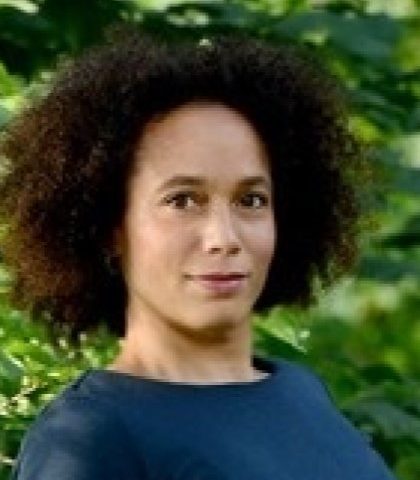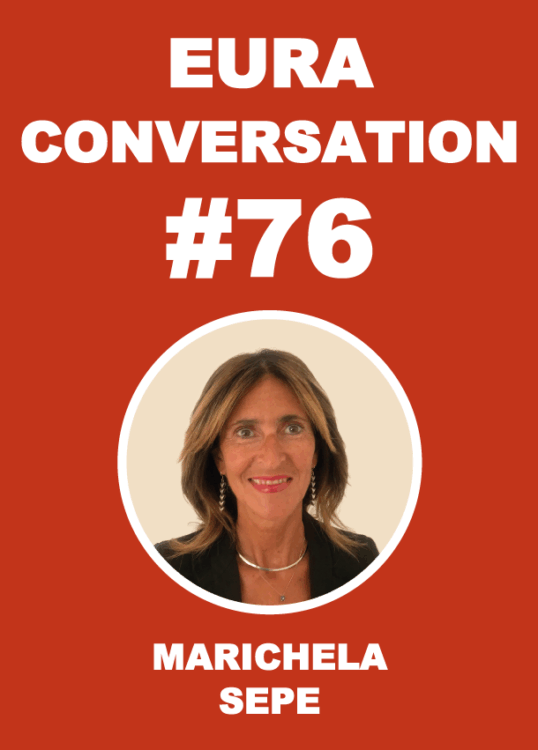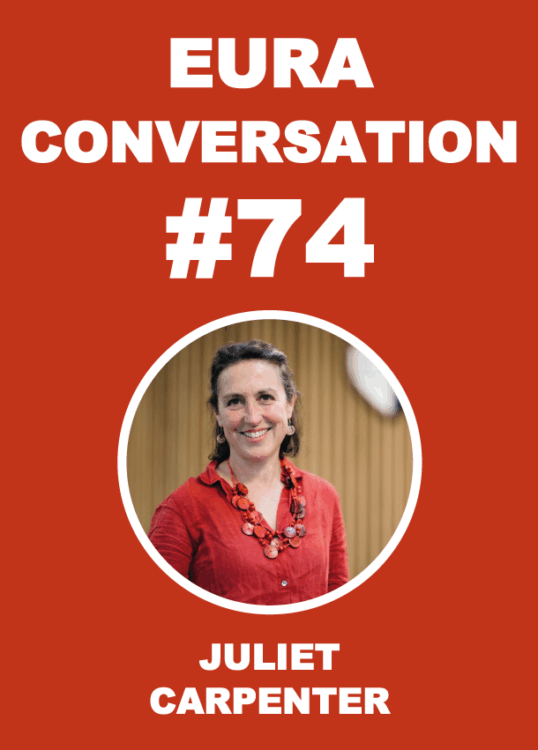
Book Launch – Between Realism and Revolt
28/05/2021
Young Investigator Training Program 2021 – Call for Research Funding
09/06/2021COVID-19 – a view from Trinidad and Tobago
EURA Conversations Post #26 – 7 June 2021
Julia R. Kotzebue, habitant at the Institute of Geography at the University of Hamburg, and guest researcher at the Department of Geography at the University of West Indies, St. Augustine, Trinidad and Tobago
At the beginning of this year, when many European countries and especially their cities were confronted by the second wave of the COVID-19 pandemic, the Director-General of the World Health Organisation (WHO), praised Keith Christopher Rowley, Prime Minister of The Republic of Trinidad and Tobago for the health protecting measures and leadership his government had introduced to respond to the COVID-19 crisis. Even without vaccines and with a chronically under-financed health care system, the small island state is keeping the numbers of infections and deaths comparatively low. The measures include the closure of, for example, borders, schools, higher education institutions, and community centres since March 22nd 2020.
I was in the middle of my research project, which was centred on integrated transport and community development in a remote village in Tobago, the smaller sister island of Trinidad. The mobility situation in the village, which was already poor before COVID-19, worsened during the pandemic. The inter-island ferry service was partly closed and the Maxi-Taxis, privately owned mini-buses, a major mode of transportation, were restricted to running at half capacity and partly did not serve the village because the limited number of passengers.
My project, which included collaboration with the community almost stopped, even though I tested a web-based participation geographic information system that would have enabled the community to express their transport and mobility needs virtually. Nonetheless, the digital capacity of the community significantly shrank through the COVID-19 restriction measures. The community needed the social interaction to discuss the highly political transport issue and to support each other with the web-based tool.
The access to hardware became difficult. For example, the library, which provides the only public computer and internet space in the village, as well as schools which give students computer and internet access, were closed. The survey regarding community characteristics and mobility clearly shows that COVID-19 had an impact. When I asked the villagers about the community`s core values before the lock-down, most of the participants indicated that “respect” and “togetherness” were important. Later the chief value became “help and support”.
Mainly the young and the older generations expressed that they feel left out. Pre-pandemic, the kids were engaged in after schools’ activities and swimming. Teenagers met at the beach and the football field or could go to village parties. Even worse, the closure of the borders created a radical drop in tourists, which is a major source of income in the village and is linked to major cultural events like the heritage festival and the Carnival. Cultural groups usually meet a month before the events to prepare costumes and the steel band music performances – these are culturally significant and help to define their national identity. However, all these activities were cancelled.
While approximately 30% of the population is fully vaccinated in some European countries, India, the largest single supplier to the international COVAX programme suspended its contributions so deliveries of vaccines to Trinidad and Tobago are unsure at the date of writing. Hence, the optimism that some EURA Conversation contributions expressed last year, regarding the potential for the pandemic to act as a catalyst for transition, cannot be shared. Here, as in other remote areas and small island states, the pandemic is widening social and economic inequality and strengthening global socio-economic imbalances.
In the next EURA Conversation Sian Moxon discusses how COVID-19 provides an opportunity to rethink our relationships with nature.







